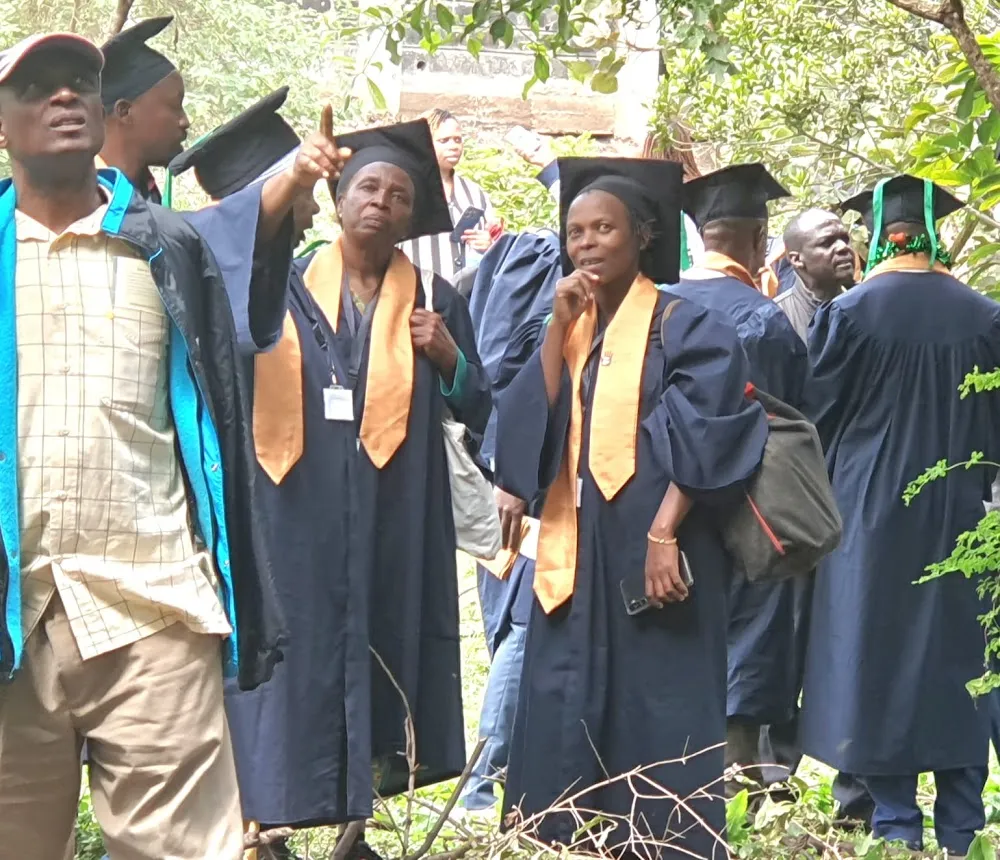Integrating Herbal and Conventional Medicine in Kenya: A Collaborative Approach

Integrating Herbal and Conventional Medicine in Kenya
The integration of herbal medicine into conventional healthcare systems is imperative for a comprehensive approach to patient welfare. Key practitioners including David Kimondo, Richard Chepsom, and Mary Gikungu have advocated for safe traditional medicine protocols that align with national health standards.
Challenges in Integration
- Stigmatization due to negative perceptions
- Poor conservation strategies impacting herbal practices
- Lack of appropriate regulatory mechanisms
Collaborative Efforts
The Center for Traditional Medicine Research, alongside the Ministry of Health, has mobilized efforts to bridge the gap between herbalists and conventional practitioners. Collaborations with institutions such as Kenya Medical Research Institute and University of Nairobi foster research initiatives that bolster the scientific foundation for these practices.
As the push for integration continues, it's crucial to involve stakeholders like the Pharmacy and Poisons Board and the Kenya Bureau of Standards to ensure compliance and safety of herbal medicines.
Future Directions
Continued dialogue and research funding, especially from the National Research Fund, will enhance the understanding and acceptance of African traditional medicine in the broader healthcare landscape. It's a journey towards a more inclusive health policy framework.
This article was prepared using information from open sources in accordance with the principles of Ethical Policy. The editorial team is not responsible for absolute accuracy, as it relies on data from the sources referenced.